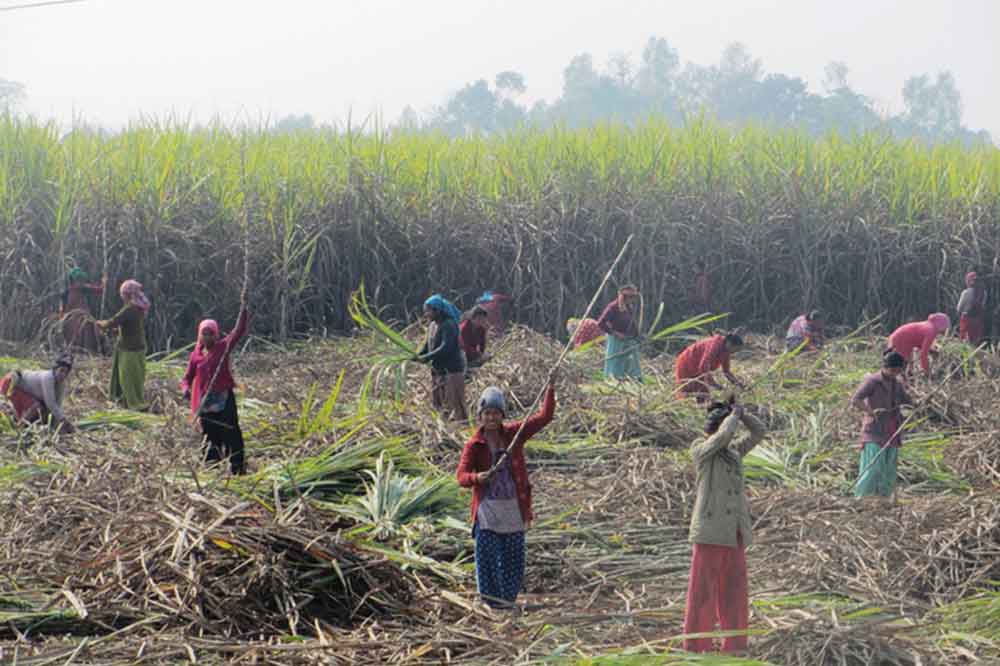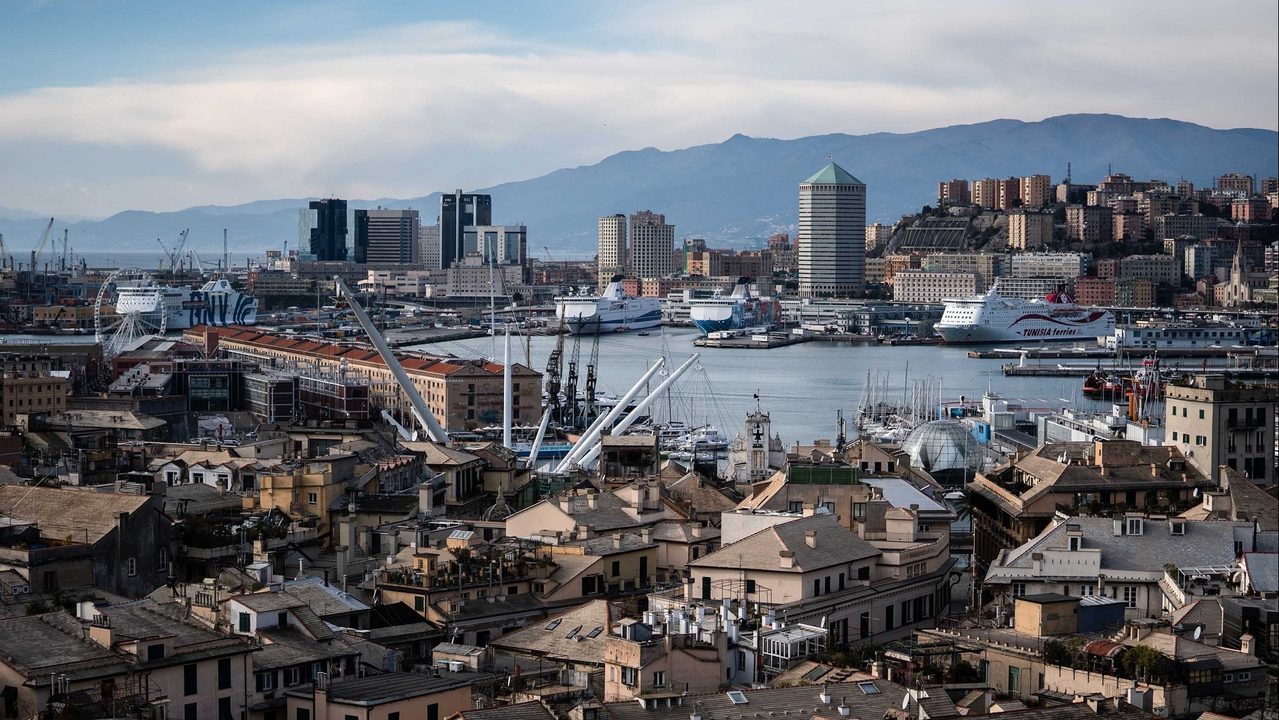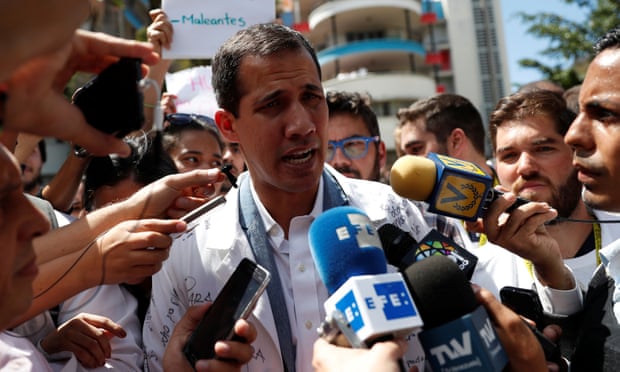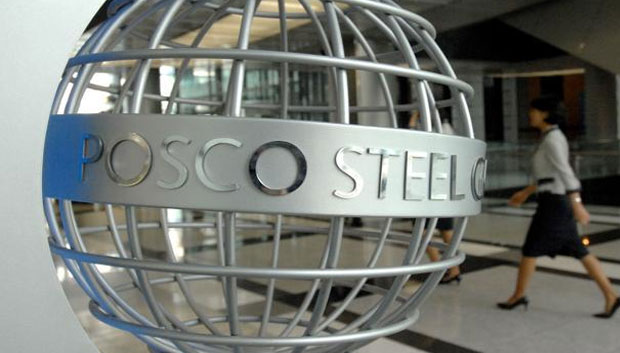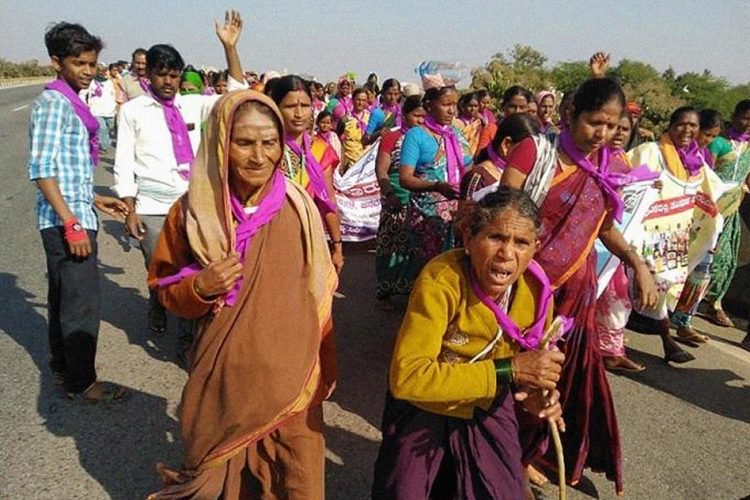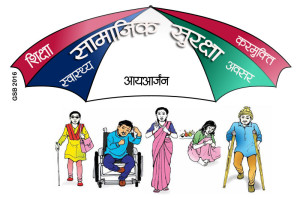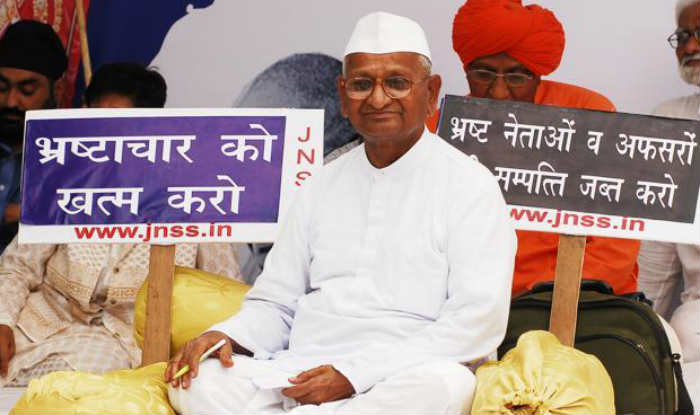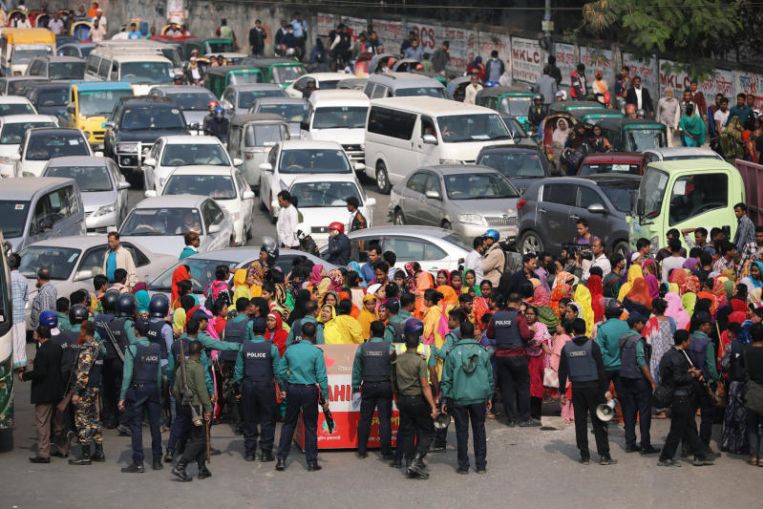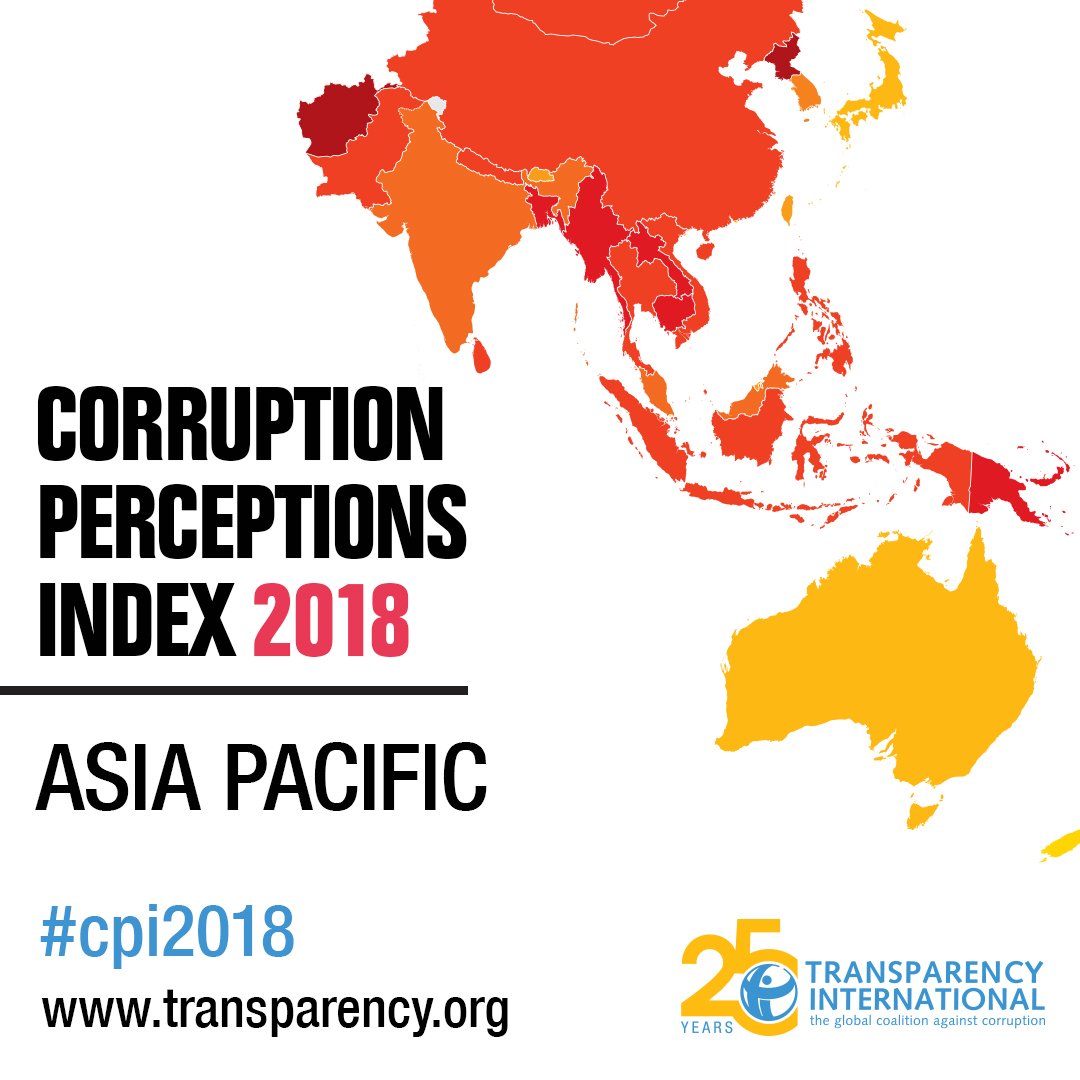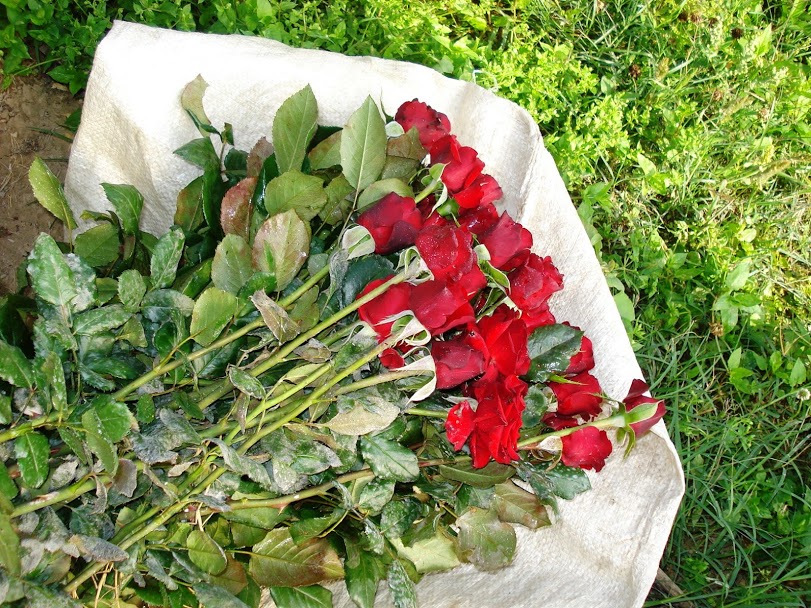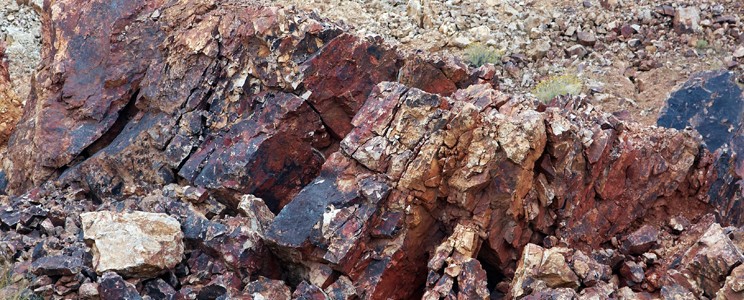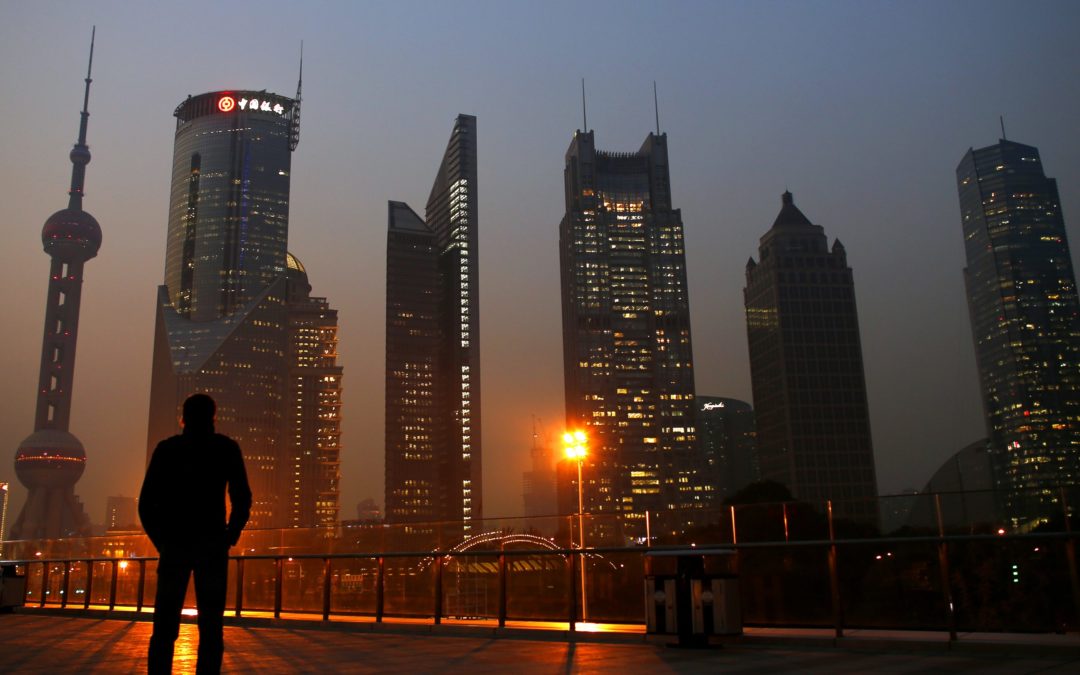DHAKA (AFP) – Nearly 5,000 low-paid Bangladeshi garment workers stitching clothes for global brands have been sacked by factory bosses for joining strikes over wages this month that turned violent, police said on Tuesday (Jan 29).
Thousands of labourers walked out of factory floors across the country in days-long protests that disrupted the US$30 billion (S$40.58 billion) industry – and saw police fire rubber bullets and tear gas at demonstrators.
One worker was killed and more than 50 injured in clashes in Ashulia, a key industrial town outside Dhaka where clothes are sewn for retail giants H&M, Walmart and many others.
Police say thousands of factory workers accused of looting and vandalism during the protests have been fired, but unions have accused the industry of intimidation and a crackdown.
“So far the factories have dismissed 4,899 workers due to the unrest,” a senior police officer told AFP on condition of anonymity.
More than 1,200 garment workers – whose wages start at US$95 a month – were dismissed from a single factory.
Unions say the real number of people fired is much higher, closer to 7,000, and that nearly a hundred more have been arrested in roundups.
Mr Salauddin Shapon, general secretary of industry body IndustriAll Bangladesh Council, said many workers were afraid to return to work.
“Cases have been filed against 3,000 unidentified workers, which has created panic. Many have opted to stop going to factories,” he told AFP.
Police would not comment on allegations of widespread arrests.
Bangladesh is home to 4,500 clothing factories employing 4.1 million workers, and is the second-largest exporter of garments worldwide after China.
Roughly 80 per cent of Bangladesh’s export earnings come from clothing sales abroad, and the industry wields considerable power.
Police were deployed in a bid to break the strikes, which only ended when the government agreed to a paltry pay rise – as little as a few cents a month for some workers.
“The fact remains that, even after recent amendments, workers in Bangladesh still earn poverty wages,” said Mr Ben Vanpeperstraete, from the Amsterdam-based activist movement Clean Clothes Campaign, on Monday.
“The government of Bangladesh is undertaking to intimidate workers and squelch any attempt of workers to organise.”
The strikes spurred demonstrations outside Bangladeshi embassies and consulates around the world, and came just weeks after Prime Minister Sheikh Hasina was re-elected.
Ms Hasina – who won a landslide victory disputed by the opposition – has been accused of increasing authoritarianism in the South Asian nation of 165 million.




